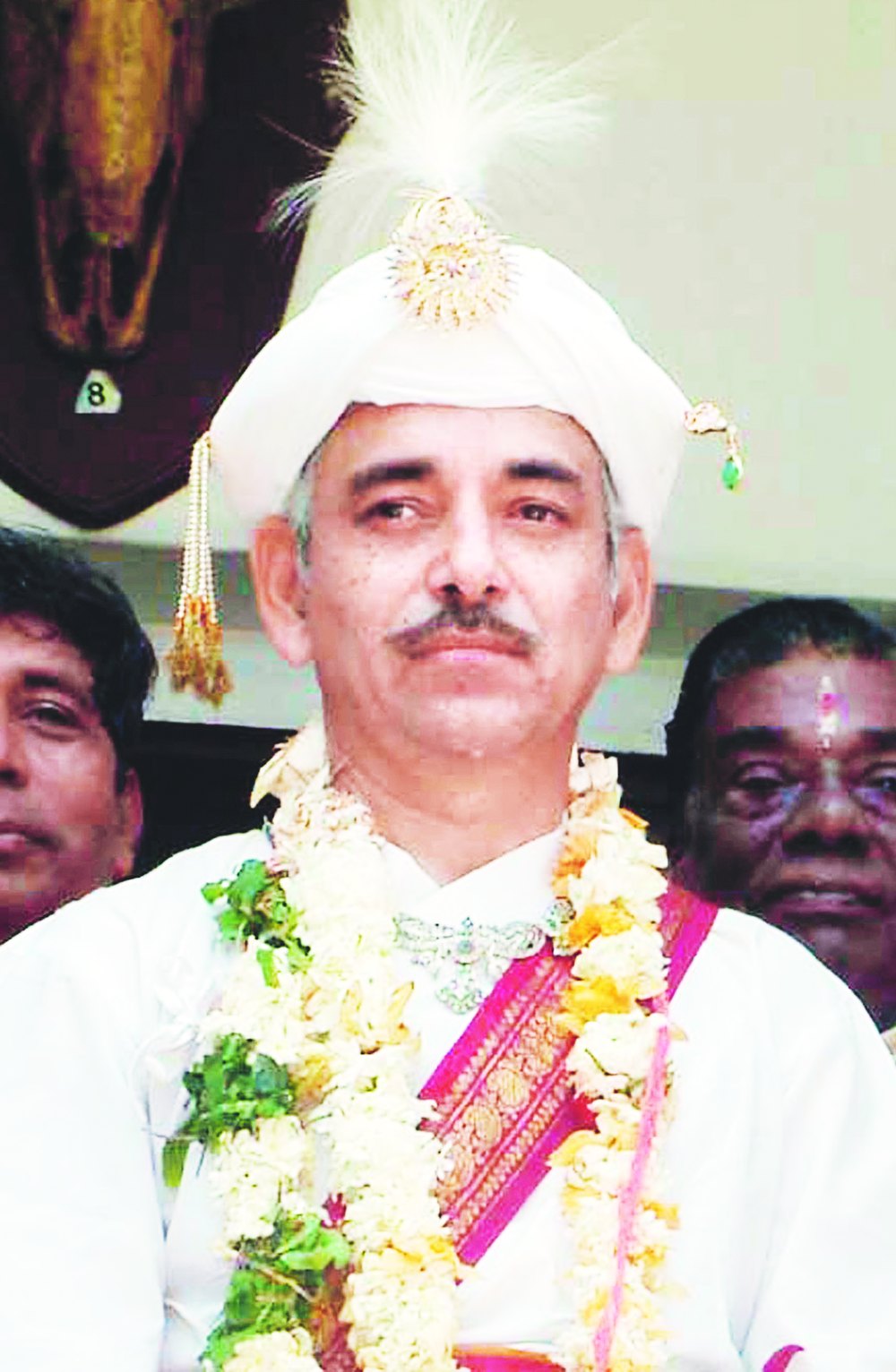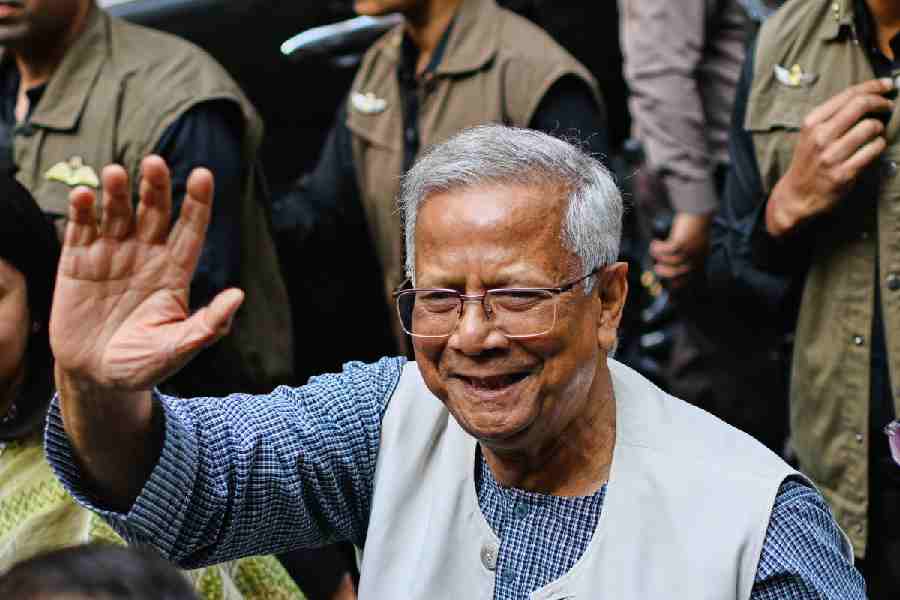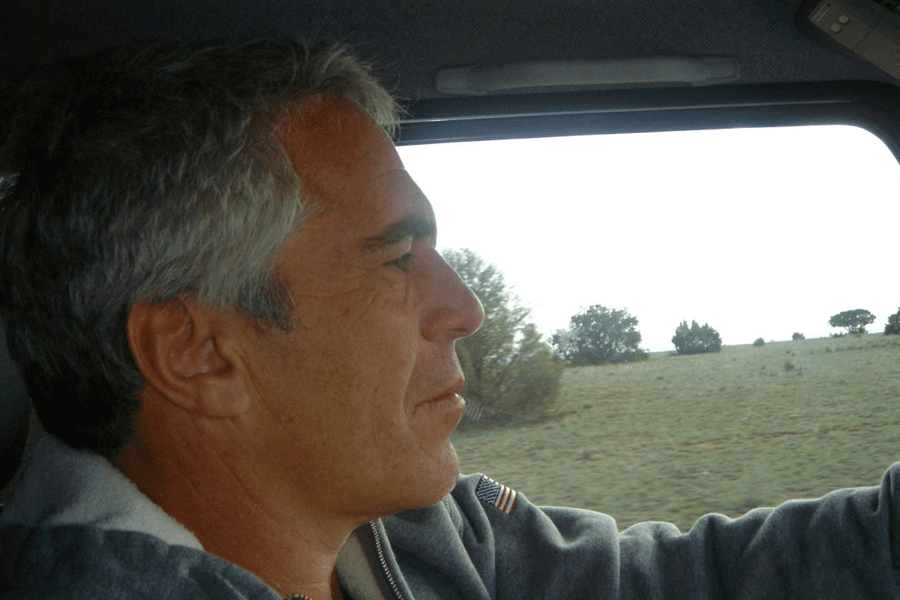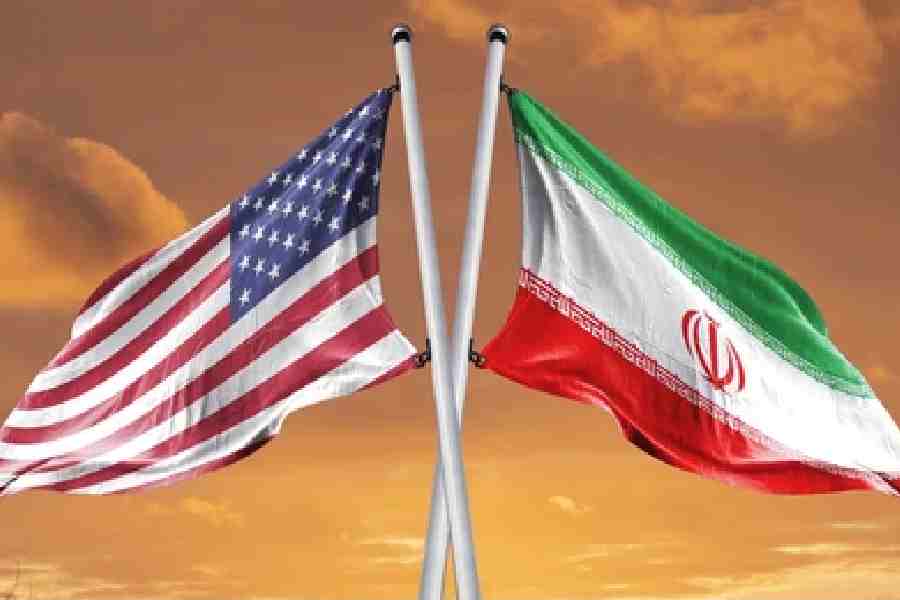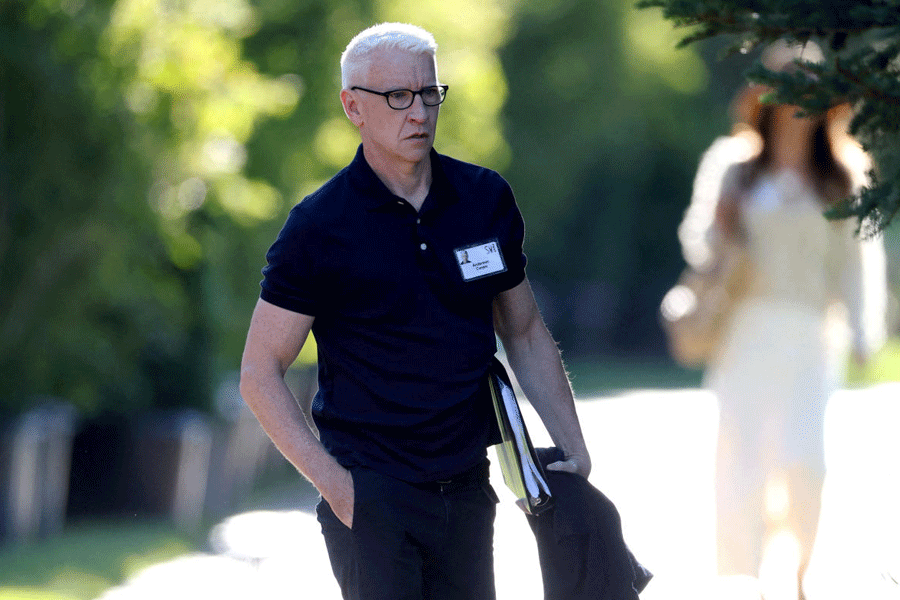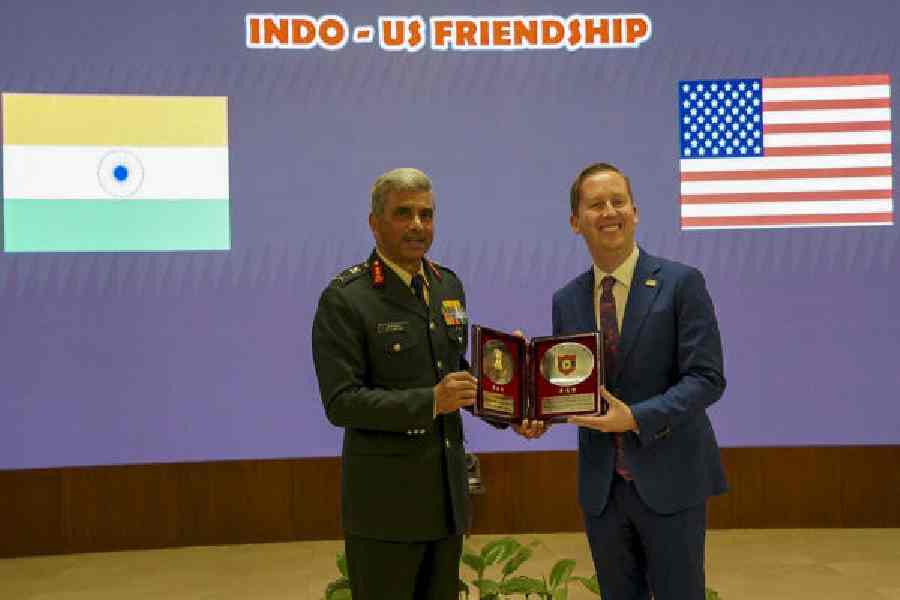
You will be performing the most important seva before Lord Jagannath atop the chariots tomorrow. It's the third Nabakalebar experience for you. Can you share your experiences of last two Nabakalebars?
In 1996, so far I remember, everything went smooth. During Nabakalebar, a huge number of people visit the pilgrim town. It was a great event with the grace of the Lord. In 1977, there was, however, a major irregularity, which had led the government to institute the Justice B.K. Patra Commission of Inquiry. We are confident that this year Nabakalebar and rath yatra will be performed smoothly with the blessings of the Lord, co-operation from the state government, sevaks (servitors) as well as everyone concerned in the affair.
You are considered as the first servitor of Lord Jagannath. People refer you as the chalanti pratima (living incarnation) of Lord Jagannath. How do you feel?
The service, which I perform before the Lord as the descendant of the Gajapati maharajas of Odisha, is a traditional one. I carry this out in compliance with our tradition and cultural heritage. After Independence, there is no monarchy.
In fact, even before Independence, the Gajapati maharaja s had lost all political power when the East India Company occupied Odisha in 1803. In spite of the loss of political power and status, the traditional duties of the Gajapati Maharaja continue without any change.
The position of Gajapati is purely traditional and religious, more that of the sevak . The way the people treat us as chalanti pratima (representative) is not appropriate at all. The chalanti pratima of Lord Jagannath is Lord Madanmohan. So, the actual position of the Gajapati is that of a sevak, according to the rituals and traditions.
According to the tradition, it's the son, who inherits and carries forward the duties and responsibilities. You don't have a son, how will the tradition of Gajapati Maharaja seva continue?
I am blessed with four daughters. We are happy to have daughters. But according to the traditions, only the male heir can carry on this seva. Our tradition is very clear on it. We can adopt if we don't have a biological son. There had been a number of adoptions earlier. The Lord will decide on it at the right time.
You are chairman of the temple management committee, but it has been noticed that there were serious lapses in the performances of rituals. You must be hurt noticing the disruption in rituals on a regular basis!
All rituals of the Jagannath temple are glorious and, at the same time, very complex in nature. In today's context, it is not easy to carry out all those religious services perfectly because of its complexity. Of course, we do find some lapses and some delays in the performance of rituals. Now with the change in political, social and economic conditions, it is difficult to ensure performance and observance of rituals in the temple as it was done a few hundred years ago. But, we are making efforts. The temple administration, sevaks and the government are trying to streamline the temple rituals, including the darshan facilities. We still have a long way to go. When there is any disruption, it hurts the sentiments of devotees, including the Gajapati. The Gajapati is unhappy or saddened by the event, which involves some delay or disruption in the rituals.
You must have felt very sad with the mess created around the first phase of Nabakalebar, particularly during the Brahma paribartan (soul transfer) of Lord Jagannath and His siblings?
Brahma paribartan is the central ritual of Nabakalebar, in which the four deities manifest in new bodies. This year, the Nabakalebar ritual is being held, according to the almanac. But, there was delay in the transfer of soul, which is the divine tatwa (concept), from the old idols to the new idols. Instead of being performed at midnight, certain irregularities were noticed this time. We are very much saddened with the delay. On behalf of the temple administration, an administrative inquiry is going on to find out the circumstances leading to irregularities and also to find out if any sevak was responsible. We hope that in the near future appropriate steps will be taken to check recurrence of such things.
Once the deities go out from the shrine tomorrow, the Archaeological Survey of India (ASI) will go inside the sanctum sanctorum to start renovation and repair. The state government has raised its concern over the work. Being the chairman of the management committee, what is your view on this matter?
Since 1960, the government of Odisha has been in charge of the management of the temple administration. As the conservation of the temple has become a tough task, the government entered into an agreement, under which the conservation responsibility has been vested with the ASI.
The ASI superintendent is a member of the temple managing committee. We are constantly in touch with the ASI for the conservation. However, the activities of the ASI are not satisfactory. The state government has also raised this issue with the Centre. We hope the ASI will ensure that the conservation goes smoothly.

